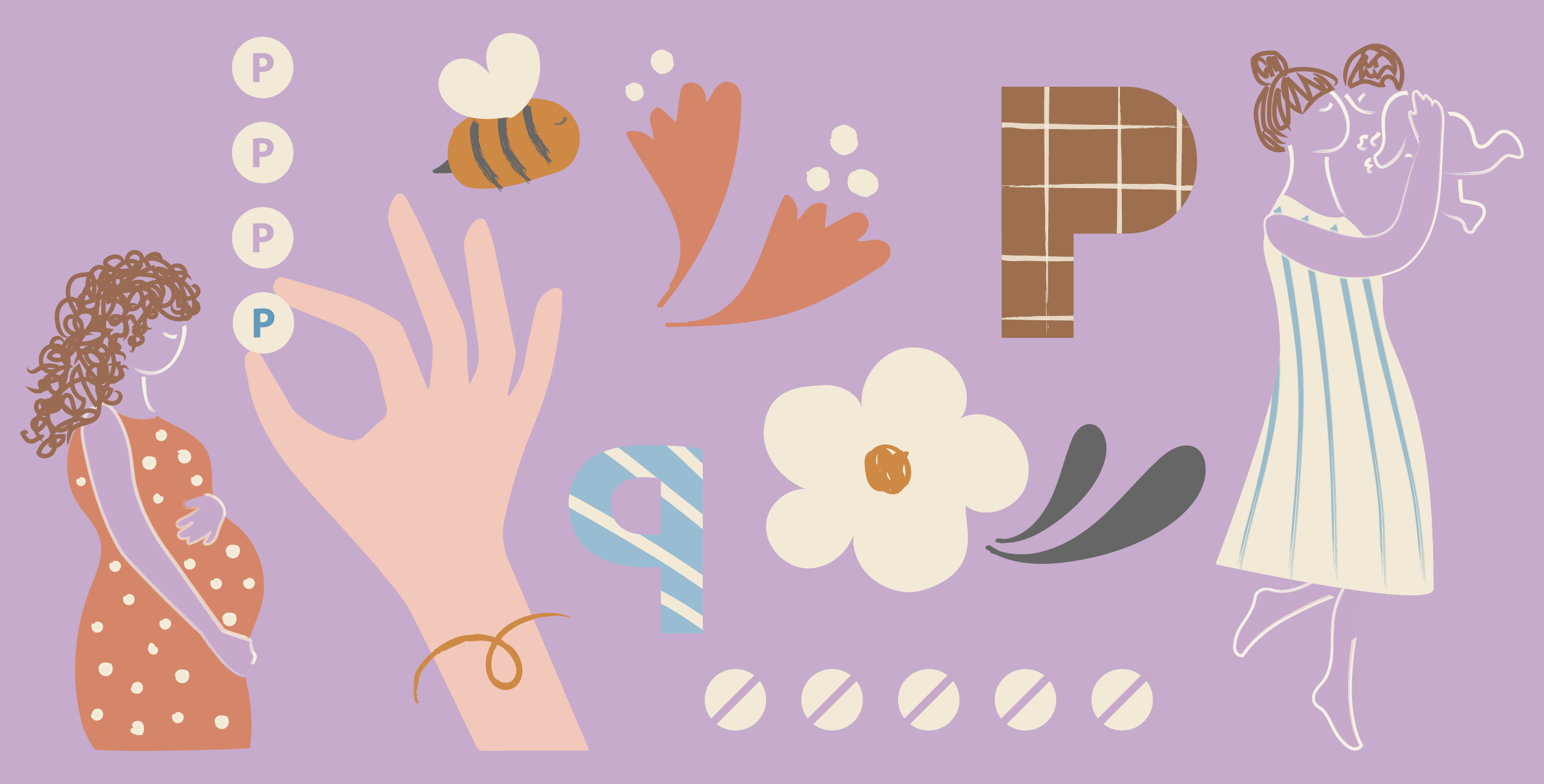Nov 08, 2022
HOW TO HELP RE-BALANCE HORMONES IN DIFFERENT LIFE STAGES
We have hundreds of different hormones
When it comes to hormonal balance, we often think of a couple hormones that may be at play. But that couldn’t be further from the truth–there are many different hormones in the body which are secreted by organs and glands–including the hypothalamus and pituitary, the thyroid gland, the adrenal glands, and of course the ovaries (or testes). And, aside from supporting reproduction, hormones are required to support a healthy mood, optimal energy, a balanced appetite, weight, sexual desire, glowing skin, strong bones, good quality sleep, regular bowel movements and much more.[1]
The thing to know about hormones is that they fluctuate all of the time. They fluctuate in different parts of the menstrual cycle; they fluctuate depending on the type of food you eat and the timing of when you eat; they fluctuate when you are exposed to a stressor; and they fluctuate in response to your environment. This is why it’s important to have dietary and lifestyle factors in place to help keep our hormones happy.[2-4]
Coming off contraception
Hormonal contraceptives such as the Oral Contraceptive Pill (the Pill) are often prescribed from teen years to not only prevent unwanted pregnancy but to clear troubled skin and regulate the menstrual cycle. Though there are three main problems many women face in relation to the Pill. One is that there are many side effects such as mood changes, anxiety, and depression.[5] Two is that if they come off the Pill, previous symptoms of cycle irregularity and acne can re-appear. And three is that it can often take months for the menstrual cycle to return, which is frustrating for women who are wanting to conceive.
For those who are coming off contraception, here’s my advice. If you had acne prior to going on hormonal contraception, namely the Pill, we must put dietary and supplement regime in place prior to coming off. This will help prevent post-Pill acne (which occurs in response to excess androgen and sebum production). If you did not have skin problems prior to going on the Pill, then simply come off and give your body three months to regulate itself. If your period has not returned by this point, then it’s time to intervene. At Hormone Health Studio we help many women regulate their menstrual cycles–it comes down to supporting the communication between the brain and the ovaries–an axis called the hypothalamic-pituitary-ovarian (HPO) axis.

Trying to fall pregnant
Modern society can be challenging for women. While many of us would like to have a baby, we’d also like to establish a career, travel, buy a house, the list goes on. Unfortunately though, biology hasn’t changed and our peak fertility is still 22 years of age.[6]
While getting pregnant may be as straightforward as having unprotected intercourse for some, for others, many factors can get in the way. [6] It can be a lot but it's absolutely possible and there are many ways to achieve it. At Hormone Health Studio we help many women and couples optimise their fertility and chance of having a healthy pregnancy.
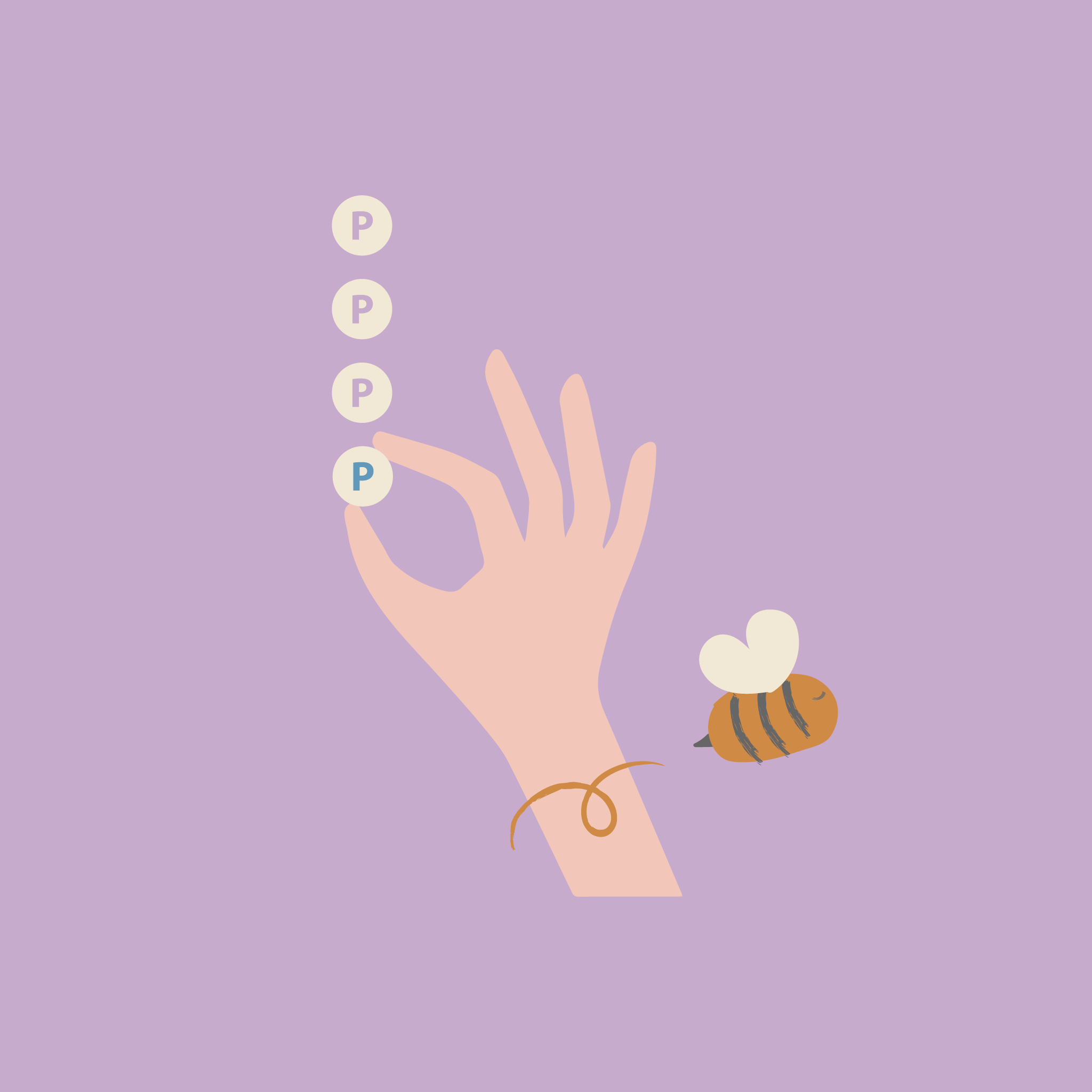
And then there’s Postpartum
Pregnancy is a period of transition for mothers. Growing a healthy human is one thing, but managing mood changes, morning sickness, fatigue, aches and pains, and the toll these take on one’s physical and mental health–are another. A huge part of my role as a naturopath is to support mothers through nutrition, lifestyle modifications, and supplement regimes to ensure she is feeling the absolute best she can.[7] When it comes to healthy pregnancy and postpartum, we must consider the health of the placenta.
The placenta is the communication axis between mother and baby. During pregnancy it acts as a filter to protect the baby against toxins. It is also the hormone command centre, producing high levels of hormones not only for baby’s growth, but to actually upgrade the mother’s brain with emotional reasoning, intelligence and sensitivity–all of which allow her to respond to her baby’s needs.The placenta also functions as a sensor, regulating the absorption of nutrients, oxygen and amino acids to ensure the baby is receiving everything they need. The problem we face is that placental health can be impaired–by nutritional depletion, by exposure to environmental toxins such as those found in plastics as well as skincareSo, when it comes to preventing postpartum depletion and supporting our mothers, we must first do so during pregnancy.[8-10]
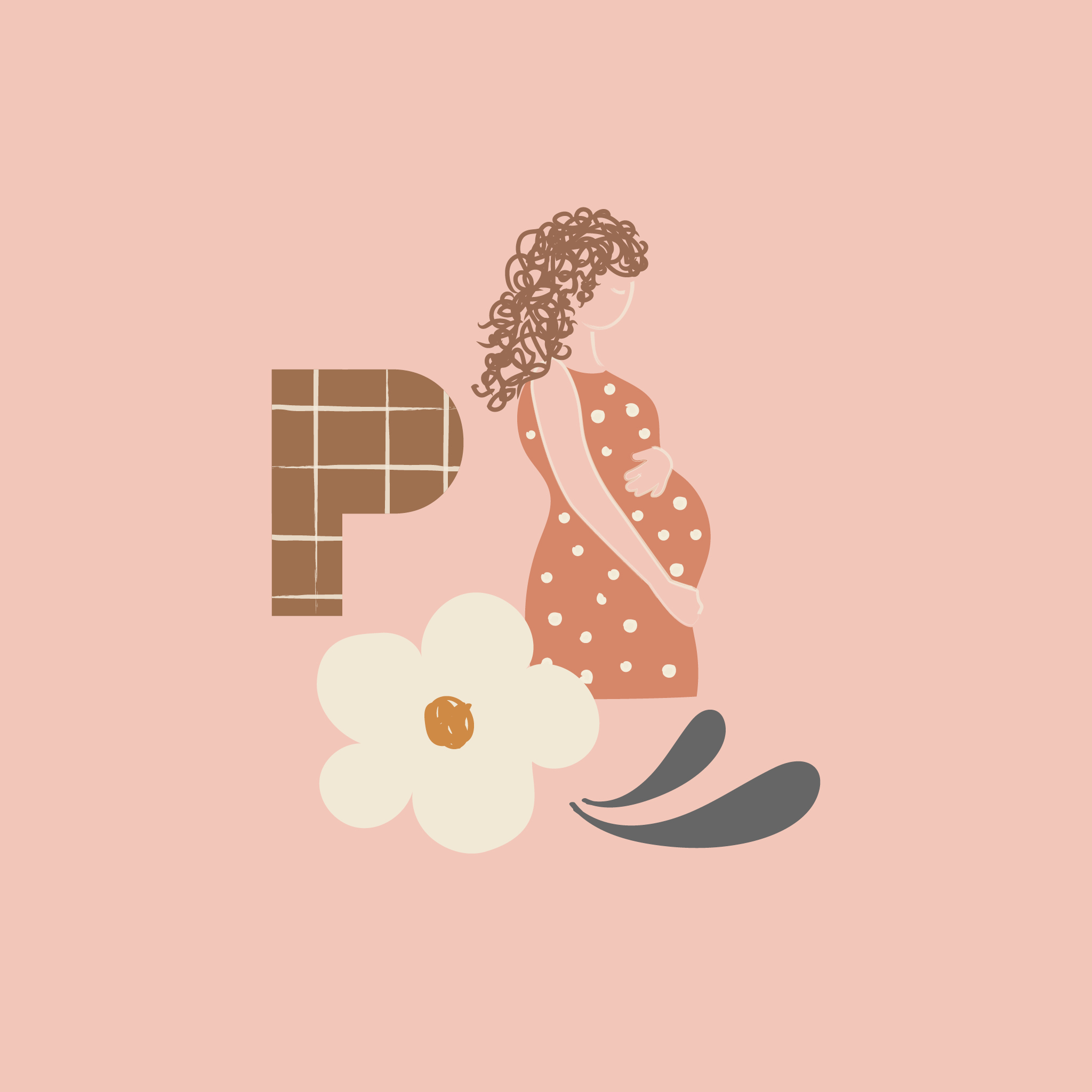
A reflection
Our hormones can make us happy and calm. Just as they can make us angry and anxious. What;s important is to be able to recognise when our hormones are out of balance and the simple modifications we can make–insert sleep, stress management, regular exercise, adequate nutrition, herbal medicine–to re-balance.
References:
[1] Campbell, M., et al. Physiology, Endocrine Hormones. StatPearls, 2021. PMID: 30860733.
[2] Reed, B., et al. The Normal Menstrual Cycle and the Control of Ovulation. EndoText, 2018. PMID: 25905282.
[3] Dinu, M., et al. Effects of a dietary intervention with Mediterranean and vegetarian diets on hormones that influence energy balance: results from the CARDIVEG study. International Journal of Food Sciences & Nutrition, 2020. 71(3). PMID: 31462113.
[4] Tsigos, C., et al. Stress: Endocrine Physiology and Pathophysiology. EndoText, 2020. PMID: 25905226.
[5] Mu, E., et al. Hormonal contraception and mood disorders. Australian Prescriber, 2022. PMID: 35755988.
[6] Jensen, R., et al. Public Perception of Female Fertility: Initial Fertility, Peak Fertility, and Age-Related Infertility Among U.S. Adults. Archives of Sexual Behaviour, 2018. PMID: 29582267.
[7] Rossi, B.V., et al. Modifiable Risk Factors and Infertility. American Journal of Lifestyle Medicine, 2016. PMID: 27594813.
[8] Serrallach, O. Postnatal Depletion Cure. 2018.
[9] Marinello, W.P. et al. Endocrine disrupting chemicals (EDCs) and placental function: Impact on fetal brain development. Advances in Pharmacology, 2021. PMID: 34452690.
[10] Goldstein, J.A., et al. Maternal-Fetal Inflammation in the Placenta and the Developmental Origins of Health and Disease. Frontiers in Immunology, 2020. PMID: 33281808.
Blogs
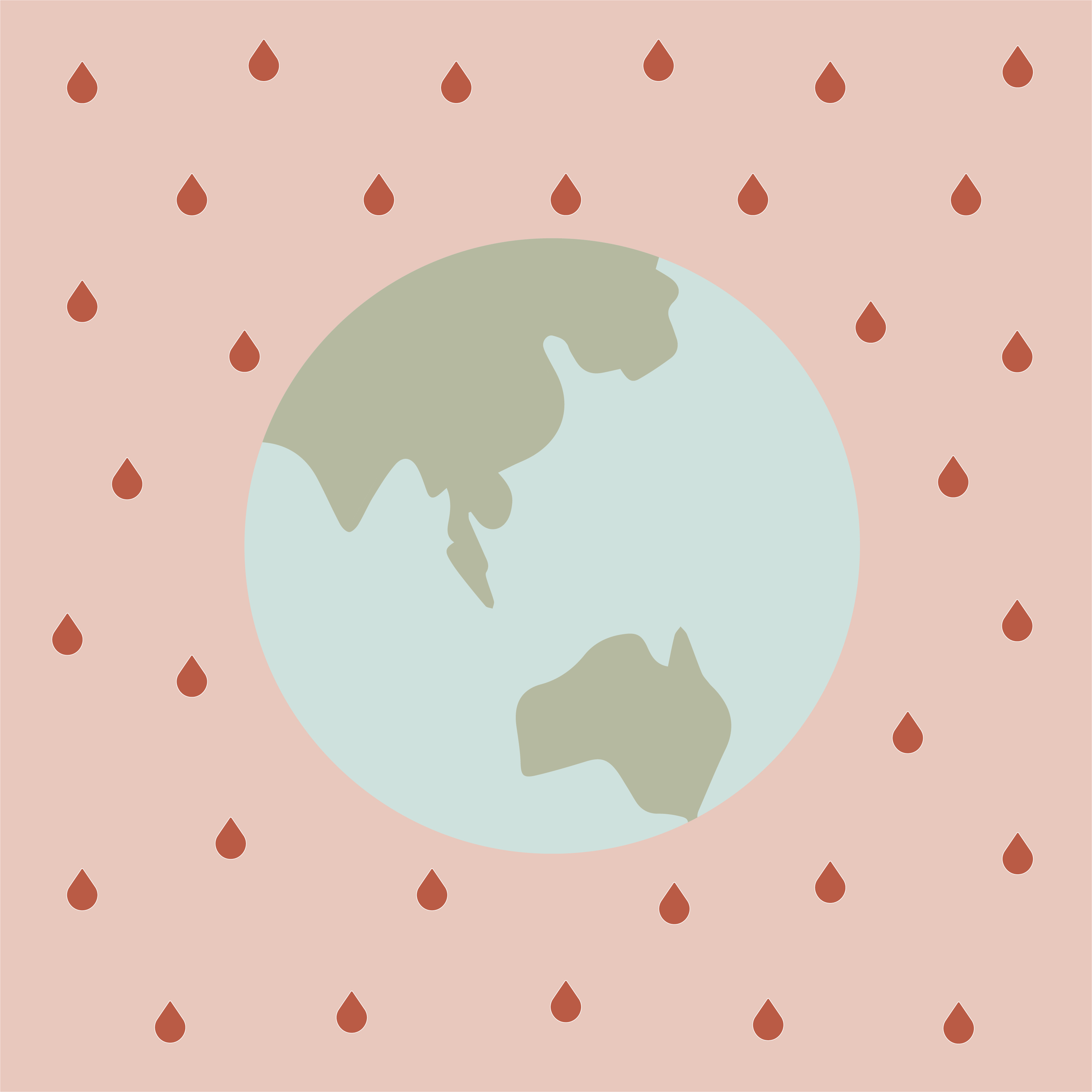
Jun 08, 2022
EXPLORING PERIOD CARE IN CULTURES AROUND THE WORLD
Our TOM Talks panelist Sabina McKenna explores how different cultures around the world approach period care.
Read More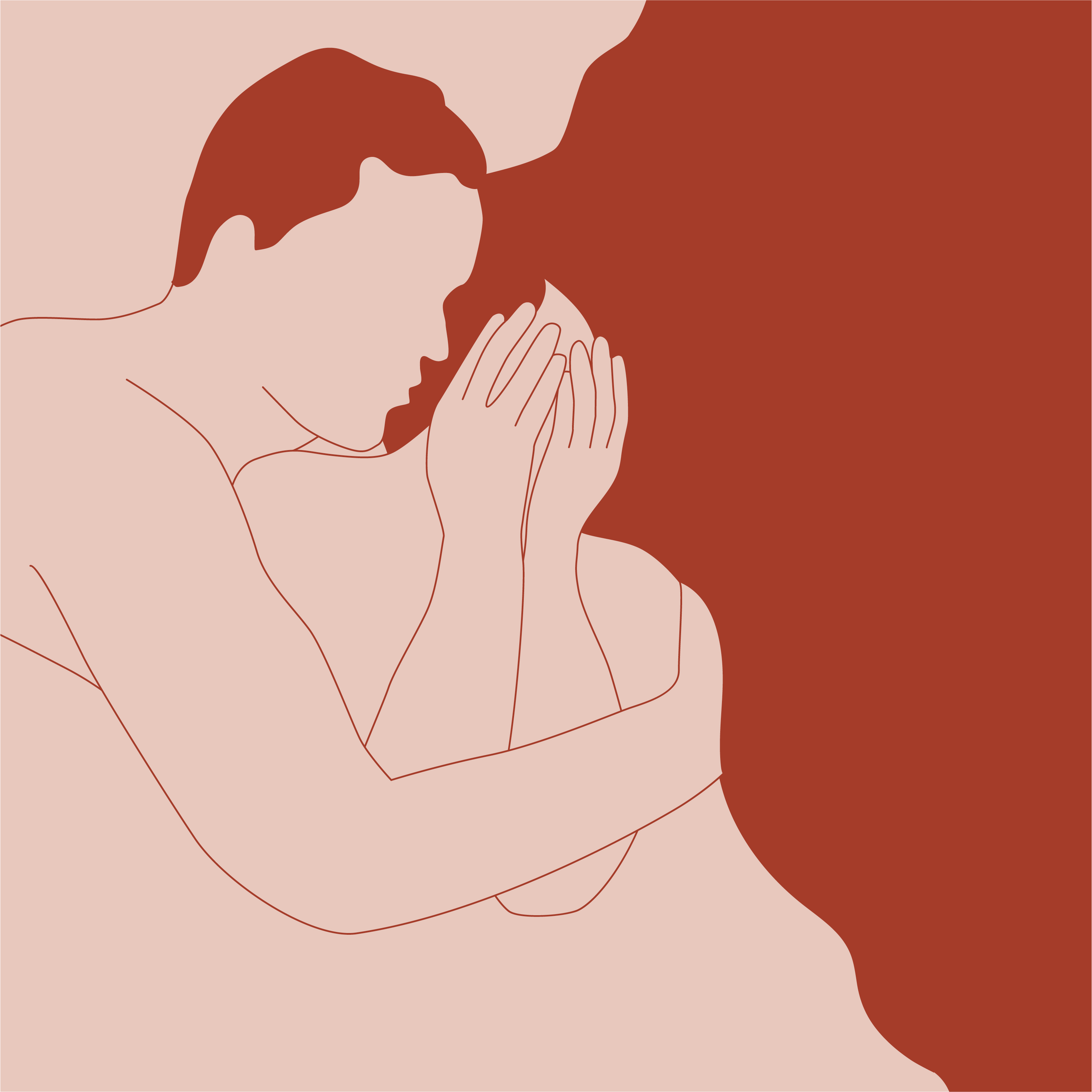
Jun 08, 2022
STOP APOLOGISING FOR HAVING YOUR PERIOD
Our TOM Talks panelist Mel Mason talks about the importance of not apologising for having your period.
Read More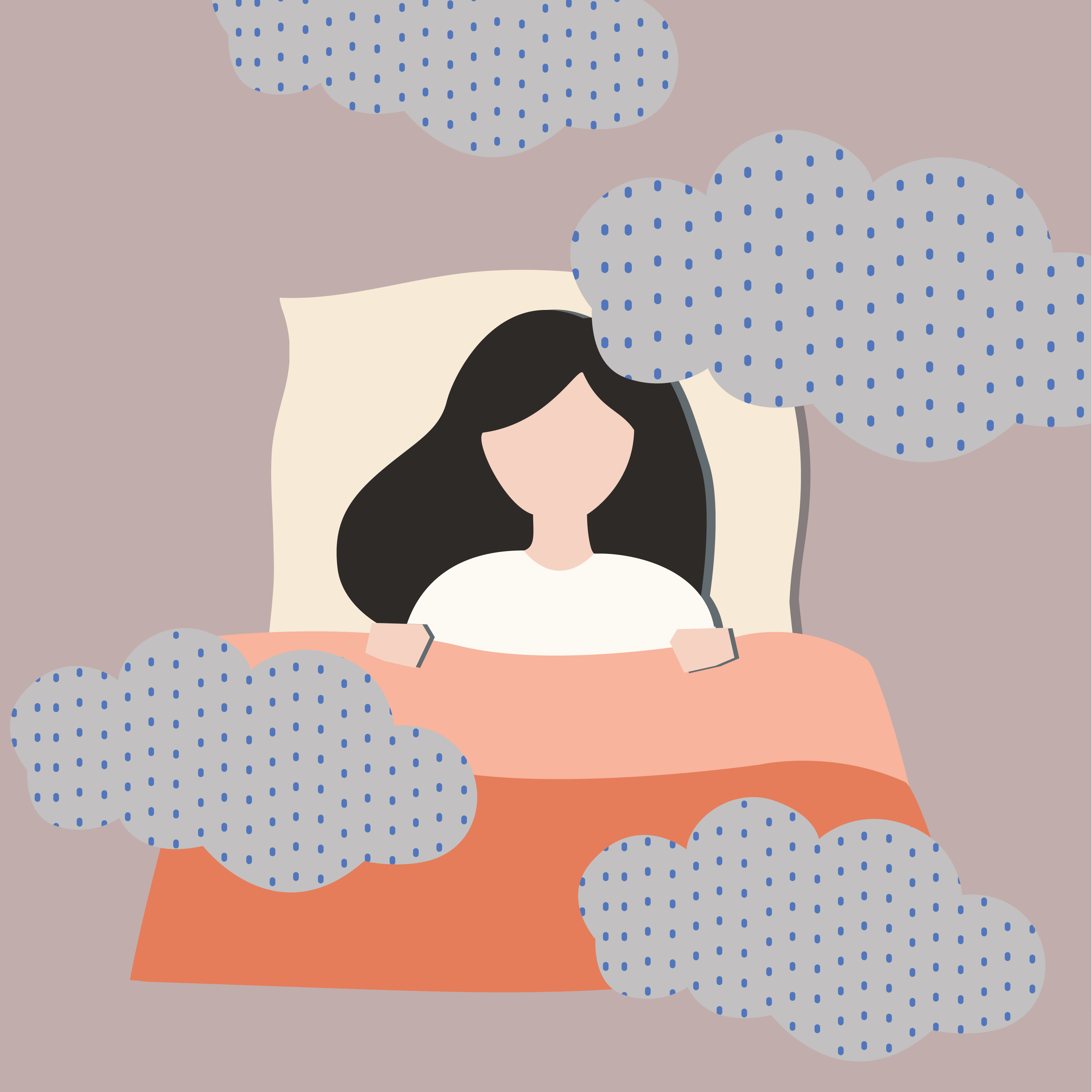
Jun 07, 2022
STRESSED? NOT SLEEPING? TRYING TO CONCEIVE?
TOM Talk's panelist Georgia Hartmann discussed the links between stress, sleep and fertility.
Read More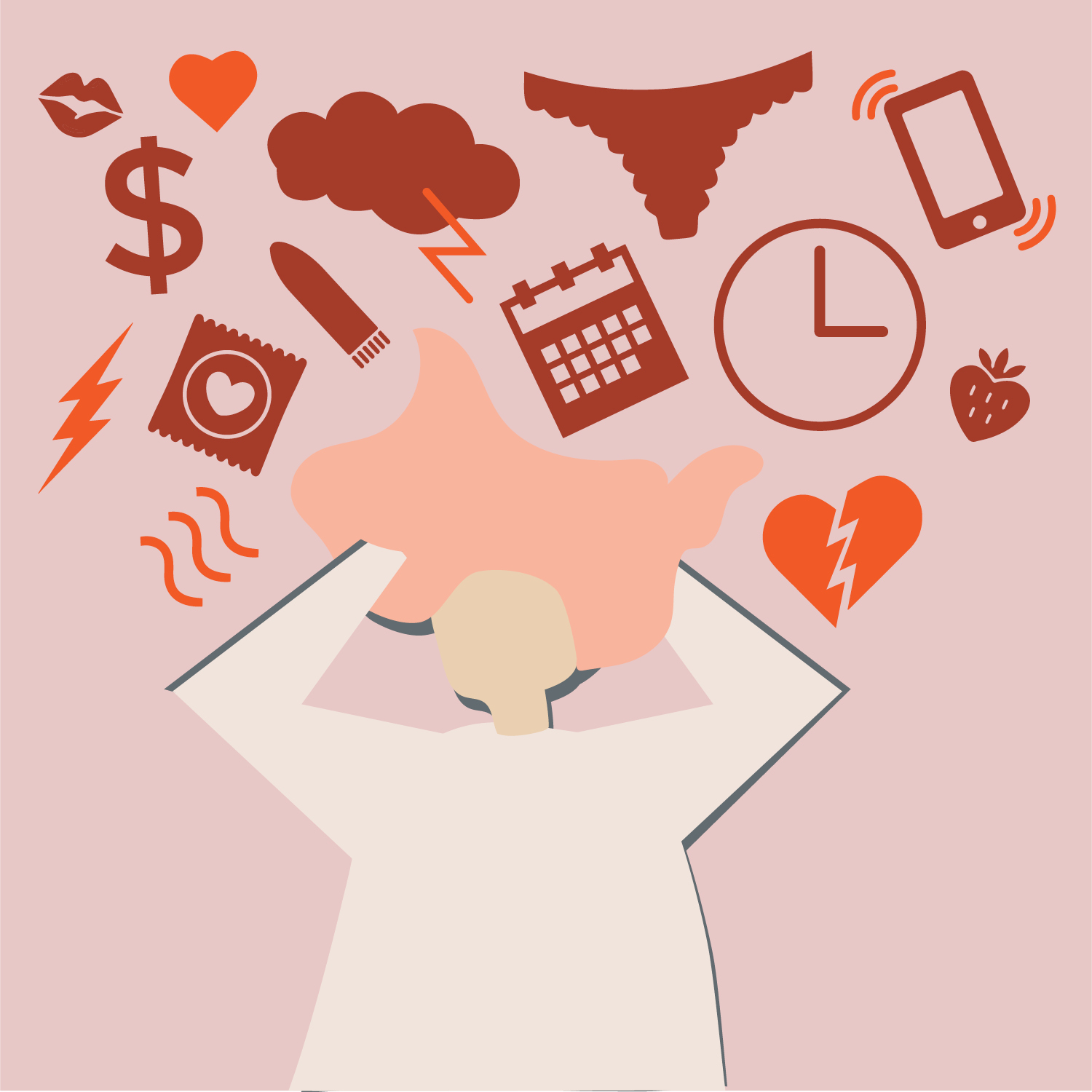
Jun 07, 2022
STRESS AND HOW IT AFFECTS YOUR SEX DRIVE
Certified sex coach Georgia Grace is here to unpack the link between stress and sex.
Read More
